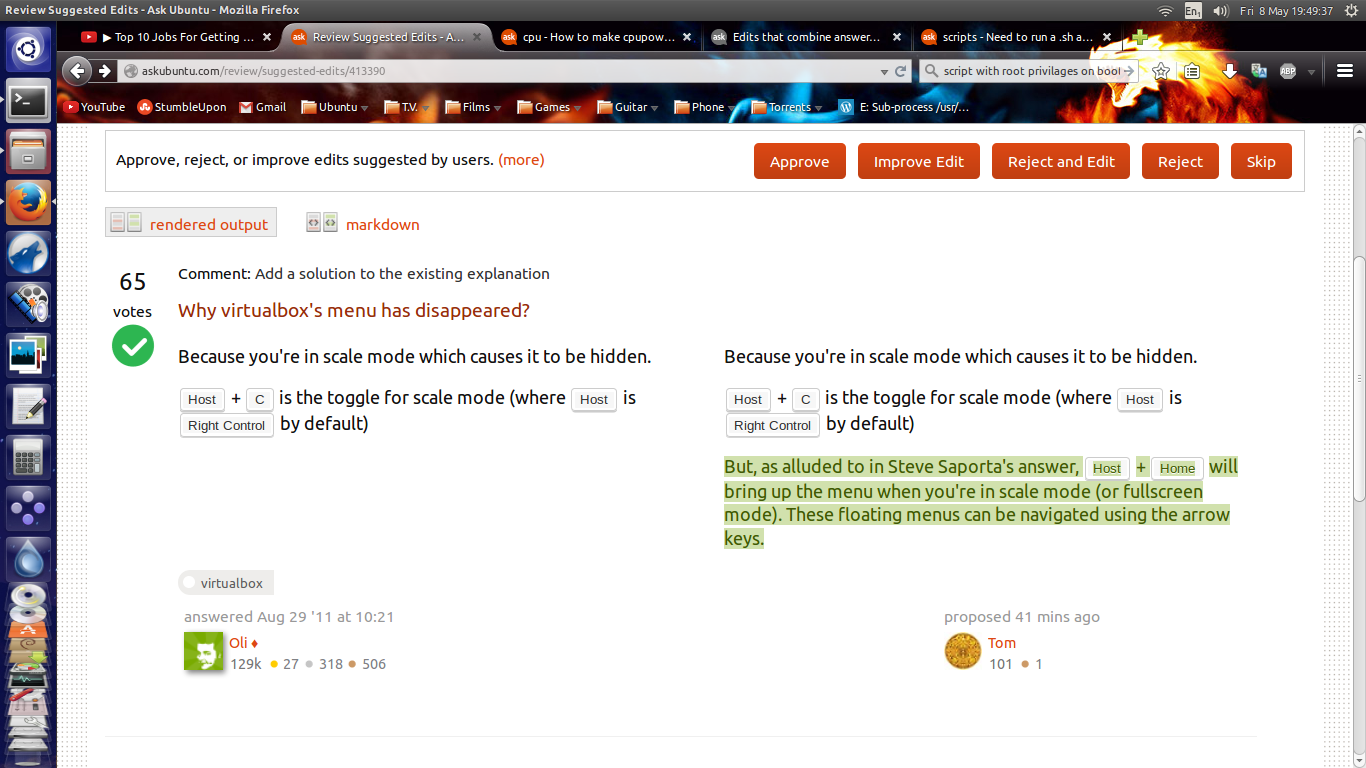If one of the answers is not an answer at all, then editing information from it into another answer (with appropriate attribution) is sometimes okay.
In particular, if the same author posts two answers but really intended to post one answer, and one of the two answers is intended as an edit or comment on the other, then editing information from the non-answer into the actual answer is appropriate.
In either of those cases, one should flag the answer that doesn't really attempt to answer the question on its own as not an answer.
Besides that, what you've described sounds bad. But you haven't given any specific examples here and I can think of ways to construe a perfectly reasonable situation as "combining answers."
For example, suppose one answer is posted, which contains a wrong part. This motivates someone else to post their own answer. A third person comes along later and fixes the wrong part in the original answer by editing it. If this conflicts with the clearly expressed intent of that answer's author, then it should be avoided (and the author could roll back such an edit). Other than that, though, what the editor did was fine--not just fine, but actively good.
If an edit to one answer would be appropriate in the absence of other answers, it is often appropriate in the presence of other answers as well.
Based on what you've described, I think there might be many combinations of factors that could militate toward or against the edits you've seen being appropriate. For anyone to give specific, reliable advice, more information is needed. I recommend doing one of the following:
- Edit this meta question to provide information about the specific case.
- If for some reason you don't want to publicly talk about the specific situation, and you do believe something bad is happening, flag one of the affected posts with a custom moderator attention flag and explain the situation.

